Sleep and Performance: The Hidden Connection Between Rest and Athletic Success
### Sleep and Performance: The Hidden Connection Between Rest and Athletic Success
In the world of sports, athletic prowess is often thought to stem from rigorous training, superior technique, and an unwavering mental attitude. Yet, one critical factor frequently overlooked by athletes and coaches alike is the quality and quantity of sleep. Numerous studies and anecdotal evidence have revealed a profound connection between sleep and athletic performance, suggesting that optimizing rest can be just as crucial as optimizing training regimens.
#### The Importance of Sleep in Athletic Performance
Sleep is a biological necessity that plays a pivotal role in physical recovery, cognitive function, and overall well-being. During sleep, the body undergoes various repair processes, including muscle recovery, tissue growth, and hormone regulation. For athletes, these processes are vital; inadequate sleep can lead to diminished performance, increased risk of injury, and impaired decision-making skills.
Research indicates that athletes who get sufficient sleep experience improved reaction times, enhanced mood, and better endurance. For instance, a study published in the journal *Sleep* found that basketball players who increased their sleep duration to 10 hours per night exhibited improved shooting accuracy and sprint times. These findings are echoed across various sports, underscoring sleep’s essential role in maximizing athletic potential.
#### Health Benefits of Quality Sleep
The health benefits of quality sleep extend beyond just physical performance. Here are a few key advantages:
1. **Enhanced Recovery**: Adequate sleep facilitates muscle recovery through the release of growth hormones. This is particularly important for athletes who engage in intense training sessions.
2. **Improved Cognitive Function**: Sleep is crucial for memory consolidation and cognitive performance. Athletes benefit from improved focus, decision-making, and strategic thinking when well-rested.
3. **Mood Regulation**: Quality sleep helps regulate mood and reduces stress levels. A positive mental state is essential for peak performance in high-pressure environments.
4. **Immune System Support**: Consistent, restorative sleep strengthens the immune system, reducing the likelihood of illness and injury that can sideline athletes.
#### Nutrition Tips for Better Sleep
Nutrition plays a significant role in sleep quality. Here are some dietary tips to enhance your sleep:
1. **Limit Caffeine and Alcohol**: Both substances can disrupt sleep patterns. It’s wise to avoid caffeine in the hours leading up to bedtime and limit alcohol intake, as it can impair sleep quality.
2. **Incorporate Sleep-Enhancing Foods**: Certain foods can promote better sleep. Foods rich in magnesium, such as leafy greens, nuts, and seeds, can help relax muscles. Additionally, complex carbohydrates, like whole grains, can increase serotonin production, which aids in sleep.
3. **Stay Hydrated**: Dehydration can lead to discomfort and disrupt sleep. However, avoid excessive fluid intake right before bed to minimize nighttime awakenings.
4. **Establish a Routine**: Eating dinner at the same time each night and incorporating sleep-friendly snacks—like yogurt or bananas—can signal to your body that it’s time to wind down.
#### Exercise Advice for Better Sleep
While exercise is essential for overall health and performance, the timing and type of exercise can impact sleep quality:
1. **Regular Physical Activity**: Engaging in regular aerobic exercise has been shown to promote deeper sleep. Aim for at least 150 minutes of moderate exercise per week.
2. **Avoid Intense Workouts Before Bed**: Intense workouts can elevate adrenaline levels and stimulate the nervous system, making it harder to fall asleep. Try to schedule high-intensity training sessions earlier in the day.
3. **Incorporate Relaxation Techniques**: Activities such as yoga or meditation can help calm the mind and prepare the body for sleep. Consider integrating gentle stretching or yoga into your evening routine to promote relaxation.
4. **Listen to Your Body**: Pay attention to how your body responds to different types of exercise and adjust your routine accordingly. If you notice disrupted sleep after evening workouts, consider moving them to the morning
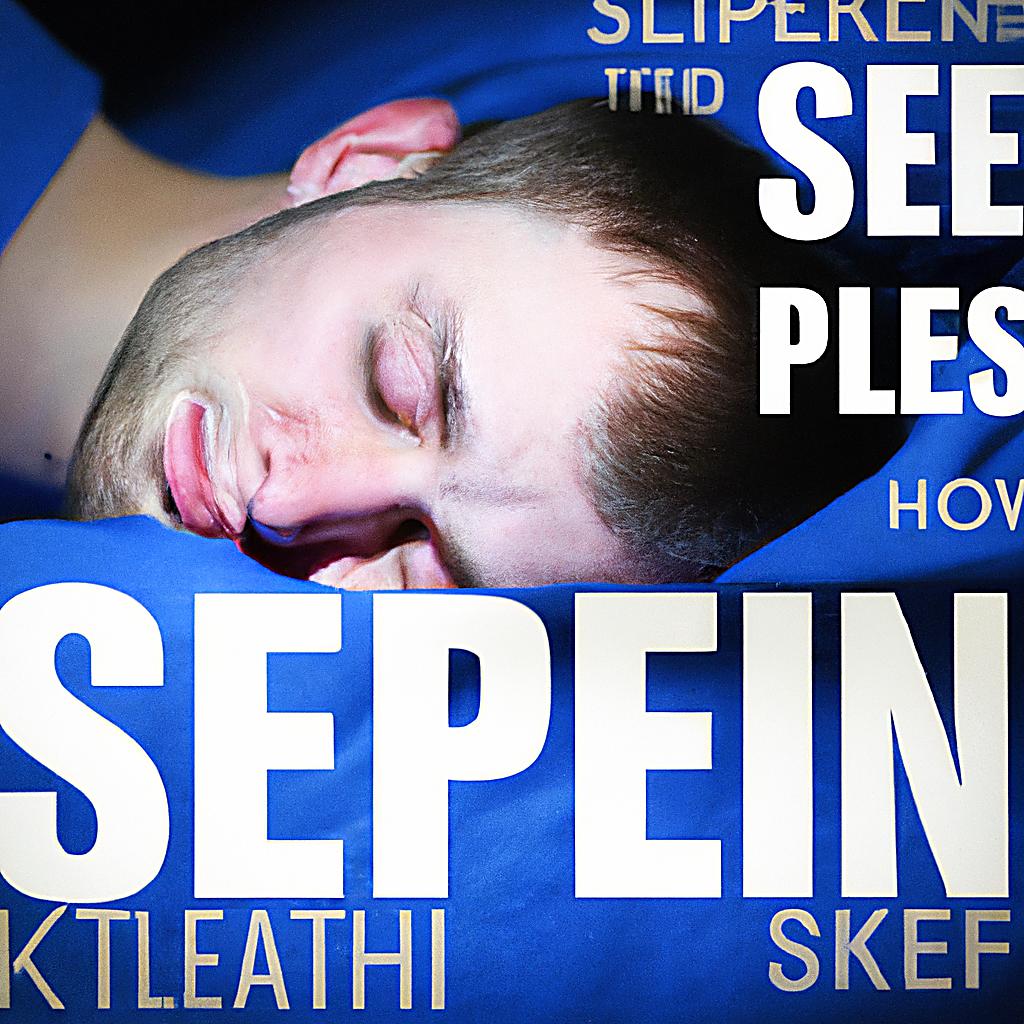

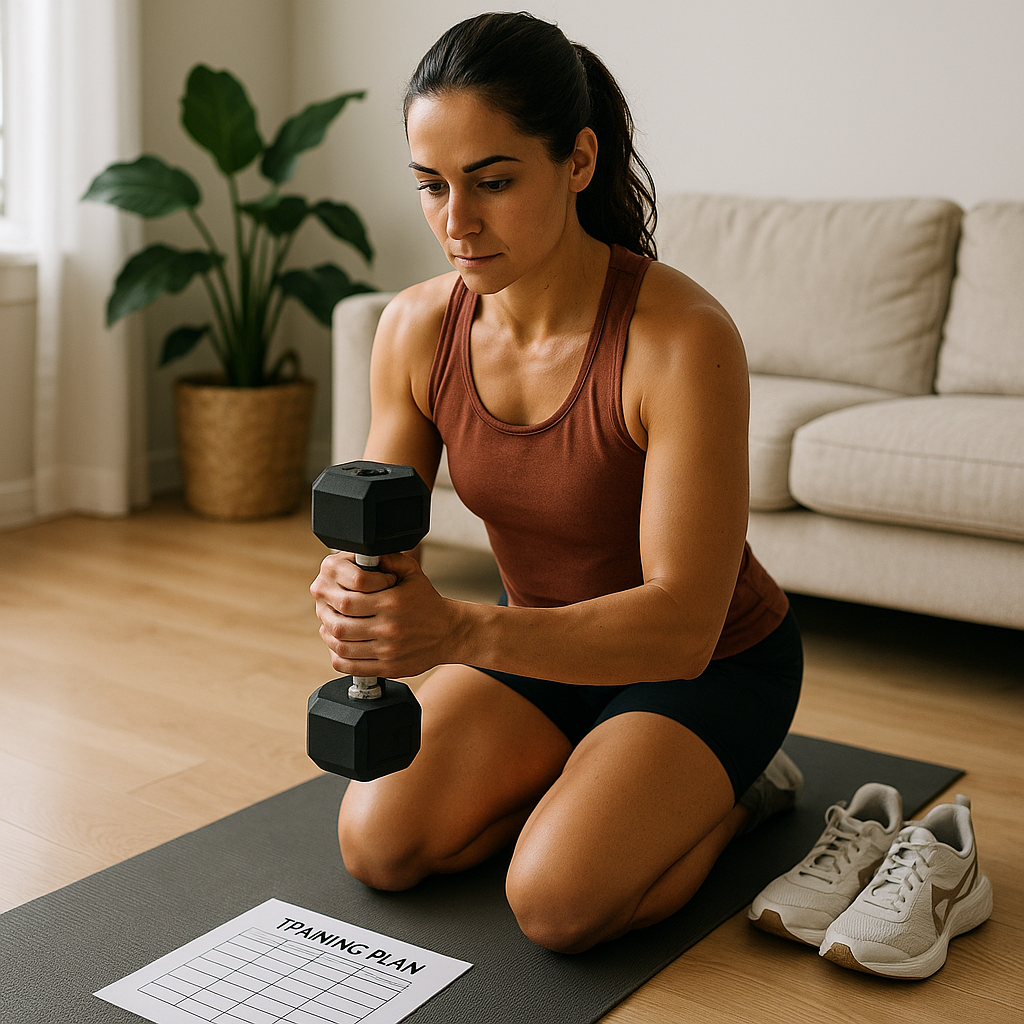


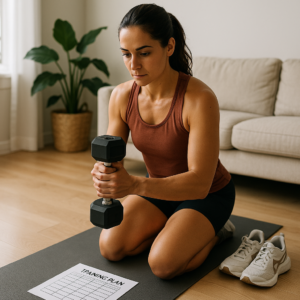


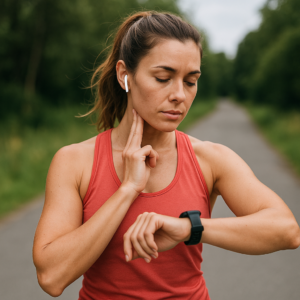
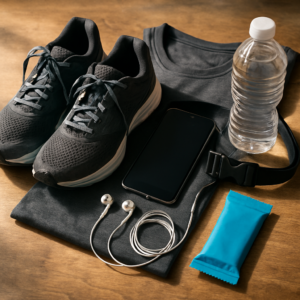

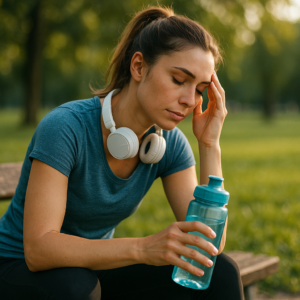

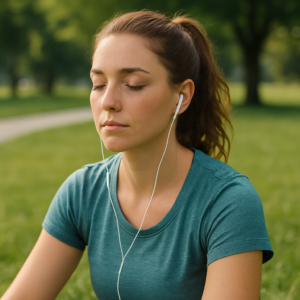

Post Comment